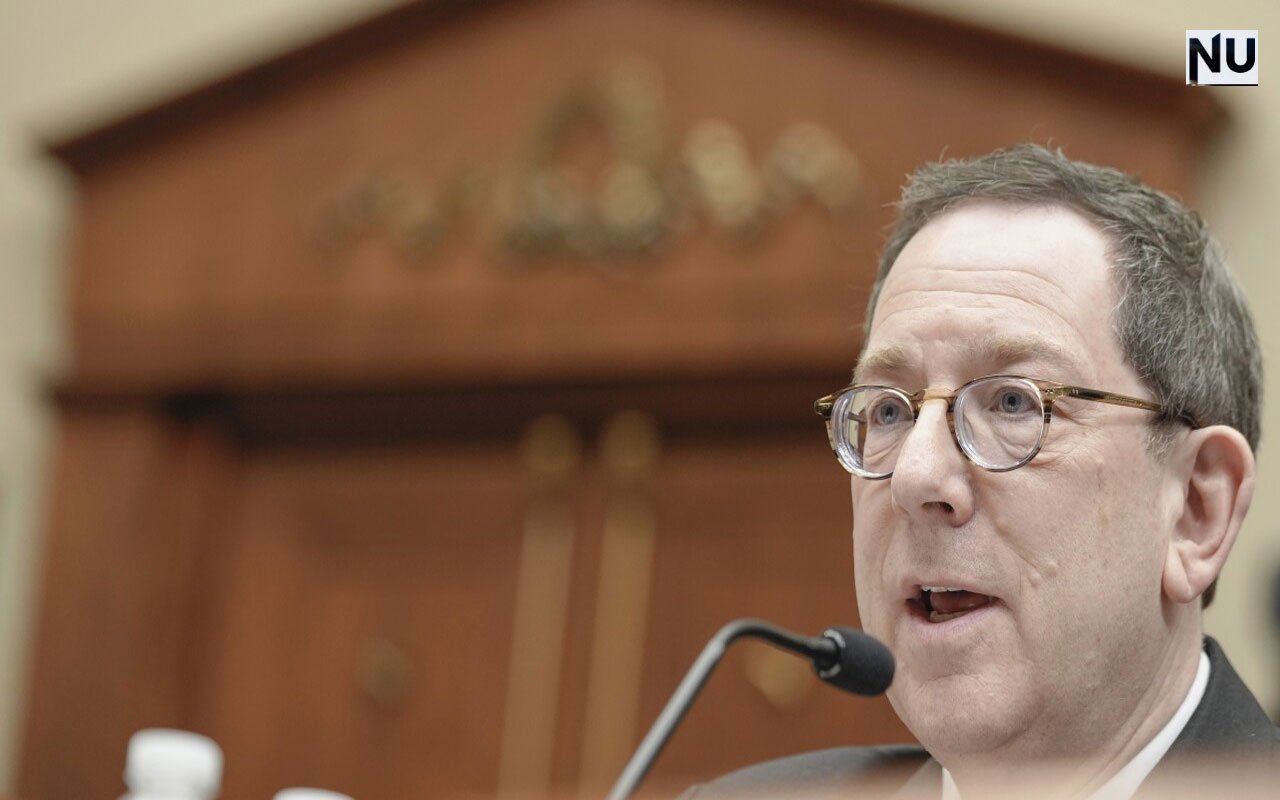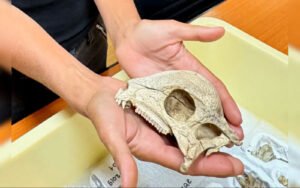Northwestern University President Michael Schill announced his resignation on Thursday as the institution continues to face a federal funding freeze imposed by the Trump administration.
Schill, who began his tenure in September 2022, said in a message to the Northwestern community that it was the “right time for new leadership” to guide the university forward. He acknowledged that the school has dealt with “serious and often painful challenges” during his presidency, particularly at the federal level.
The funding freeze, which began nearly four months ago, blocked access to about $790 million in federal support. The administration has also taken similar actions against other elite universities, citing issues related to diversity, equity, and inclusion programs, as well as campus protests linked to the war in Gaza. A White House official previously confirmed the freeze was connected to Title VI investigations, which address discrimination in federally funded programs.
Criticism and Political Response
Schill’s departure drew mixed reactions. Some critics, including House Republican Leadership Chairwoman Elise Stefanik, argued that his resignation was overdue, accusing him of failing to protect Jewish students and mishandling campus unrest.
The White House, meanwhile, stated it hoped Northwestern’s new leadership would “seize the opportunity to Make Northwestern Great Again.”
Northwestern has recently updated its policies to address antisemitism on campus, reporting a “dramatic decrease” in such incidents.
Broader Impact on Higher Education
The funding freeze has created widespread challenges for universities nationwide, with several leaders at institutions like the University of Virginia and Columbia University also stepping down.
Just one day before Schill’s resignation, Harvard University secured a major legal victory in restoring over $2 billion in frozen federal funding for research. Northwestern stressed that its own frozen funds were crucial for projects such as developing the world’s smallest pacemaker and advancing Alzheimer’s research.
Schill said he would continue to assist Northwestern’s Board of Trustees in efforts to restore funding and safeguard the university’s research mission. Once an interim president is named, Schill will step down, later returning to Northwestern’s Pritzker School of Law as a faculty member following a sabbatical.









